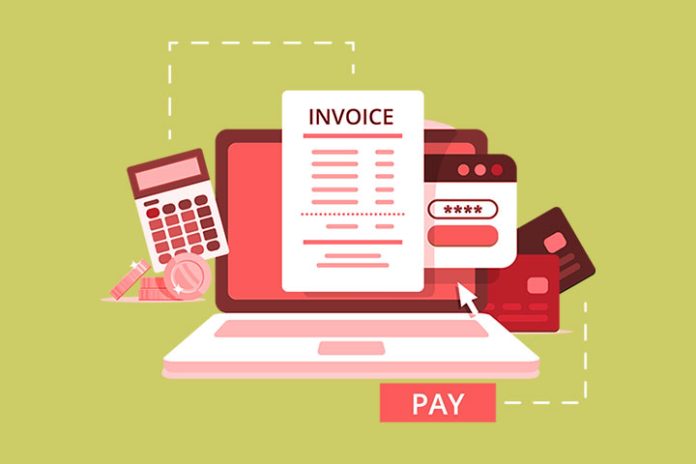More and more companies are mobilizing to comply with the use of electronic invoicing. This is largely justified by the promulgation of a new law which imposes this type of invoice and which should come into force as early as 2023. However, if companies are in a hurry to adopt the electronic invoice, it is not only under the constraint of the law. Many business leaders have also realized the importance of this provision and welcome the government’s initiative. Discover in this article the interest for a company to switch to electronic invoicing.
A Solution that has proven itself around the world
Before the French government instituted compulsory electronic invoicing , the tool was already proving itself as the best recourse for optimized management. Indeed, at the time when the Covid was in full swing, many companies issued electronic invoices to limit contact as much as possible. It was one of the many digital solutions to curb the spread of the virus.
This has allowed entrepreneurs to discover the multiple advantages of using this form of invoice and to now prefer it to the paper invoice. Also, the electronic invoice has been recognized by the tax administration as a tool that simplifies the control of audit trails and the management of taxes.
Compulsory Electronic Invoice: For what purposes?
If the State has decided to generalize the use of electronic invoicing, it is for well-defined objectives. First, through this reform, the government intends to make life easier for business leaders and balance competitiveness in the ranks of businesses. Electronic invoicing reduces the administrative burden, reduces payment delays and increases productivity at company level.
Basically, it is a saving of more than 4 billion euros that will be achieved when all companies comply with this standard. It is also a way of simplifying reporting obligations in terms of VAT and other forms of taxes for the latter in the long term. Similarly, the State intends by this reform to improve the detection of fraud in order to guarantee fairness for the happiness of entrepreneurs in good faith.
What are the Direct Benefits for Business?
What motivated companies to opt for electronic invoicing well before the adoption of the law was clearly the advantages that can be drawn from it. In reality, the electronic invoice considerably reduces the costs of issuing invoices that companies must bear. At the same time, it reduces the risk of document loss or errors that may occur.
Also, each invoice issued is easily traceable, even after several years. Companies also save time filing invoices or transmitting them. Benefits that accelerate the development of their activities and consolidate their relationship with customers. Added to all this is a very significant positive impact on the environment. The switch to electronic invoicing suspends the production process of the paper invoice which involves the feeling of a large number of trees. Joining forces with this reform is therefore a way of supporting the environmental cause.
Also Read: Corrective Invoice: What Is It, And When Is It Used?

